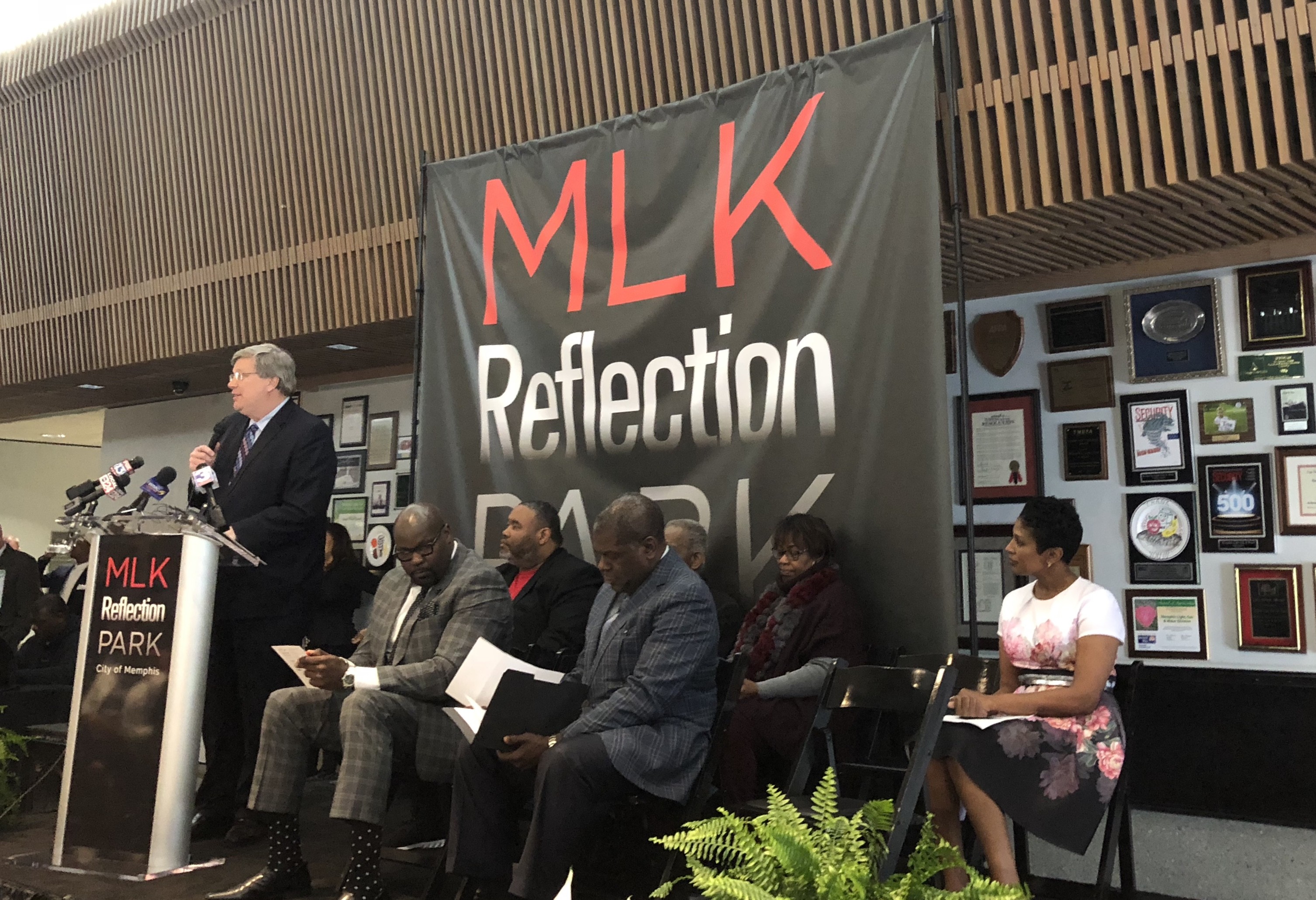So MLK50 has come and gone, and the city, by and large, managed to acquit itself well with its advance preparations, its attention to the occasion, and the meaning of that occasion to history and the world at large, as well as with the welcome provided to the numerous visitors, distinguished and otherwise, who came to pay homage to the great martyr who fell here half a century ago.

It is an awkward thing to construct an anniversary ceremony out of what, by Greek or Shakespearean or any other standard, is a tragedy, as the vocabulary used by those who covered the various events indicated. “Commemoration” was the word most often used, though here and there, from the lips of the most well-intentioned commentators, would come variations on the word “celebrate.” Clearly, in such cases, it was Dr. Martin Luther King himself, not the ill fate of his assassination, that was being celebrated, but there were still twinges that came with hearing the word or its derivatives.
Nevertheless, there are indeed things to celebrate in the wake of MLK50. The various commemorative marches, of sanitation workers and others, came off with a respectful dignity that reminded us why it was that King was in our midst on the fateful day of April 4, 1968. He had come with a high-stakes task — to lead a nonviolent second march on behalf of the striking sanitation workers to prove that the unruly one — sabotaged by vandalism — that he had attempted a week earlier had been an aberration and that his presence and leadership could still guarantee a nonviolent mass demonstration. King was committed to what he saw as the most transformative mission of his life, a Poor People’s March scheduled in the coming week for Washington, D.C. — one intended to begin a months-long assault on the reality of poverty in the United States. So long as the memory of his original violence-tainted march in Memphis was not offset by a successful second one, people’s trust that his methods of peaceful nonviolence would prevail in the nation’s capital was at serious risk.
After King’s assassination, the Poor People’s Campaign, lacking another leader of equivalent stature, moral clarity, and charismatic appeal, was doomed to failure and, essentially, was abandoned. In that sense, the aborted second march by King in Memphis had been the last best hope for the revolution in national consciousness he had hoped to bring about.
Maybe it is true that, as the proverb says, the poor will always be with us. The much-vaunted War on Poverty launched by President Lyndon Johnson only three years earlier had begun to fizzle out, undermined by the pull on national resources of the Vietnam War (opposition to which had also become a central tenet of the civil rights leader’s mission). King had meant to test that thesis of intractable poverty, and no leader, religious or political, has emerged since with sufficient empowerment and wherewithal to pick up the standard.
So it is that, for all the local triumphs that can be justly attributed to Memphis for its handling of the the 50-year commemoration, the fact remains that the city, reckoned by so many measures as the most impoverished urban clime in the nation, is an ironic example of the incompleteness of Martin Luther King’s mission.